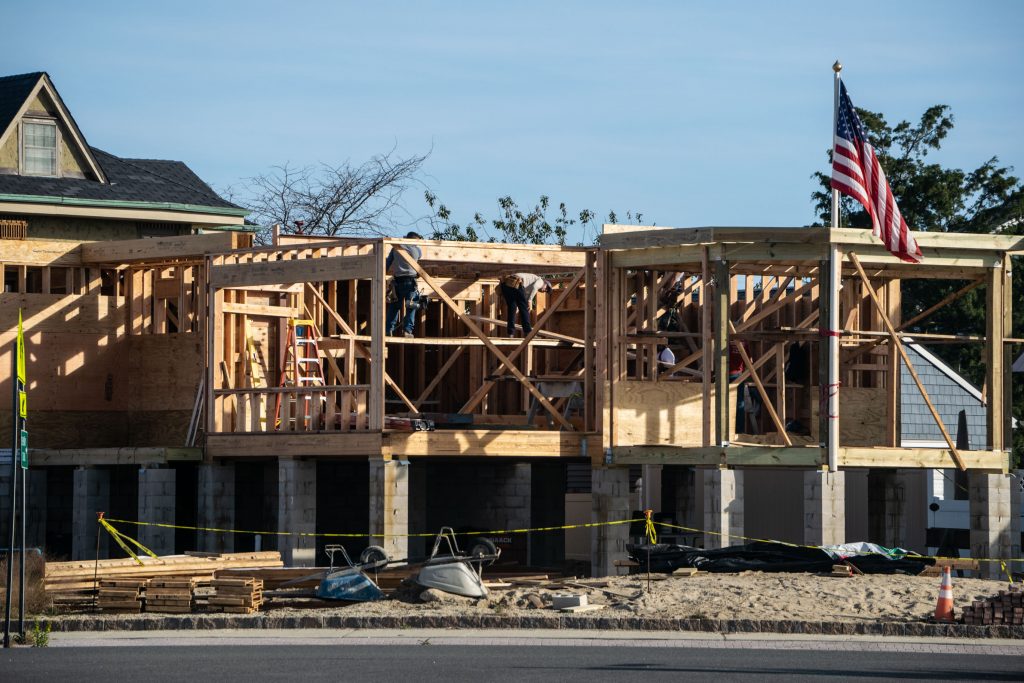Toms River’s first full tax revaluation since Superstorm Sandy struck in 2012 is officially underway, and the township will pay far less for the state-mandated effort than originally estimated, officials said.
Professional Property Appraisers will perform the town-wide revaluation for $2,348,650, far less than the nearly $4 million that officials initially estimated it would cost. Starting this month, representatives from the company have begun conducting inspections on the exteriors of homes in order to ascertain their value. The value assigned by the assessor is then used to calculate property taxes for municipal, school, county and library taxes, among others.
Last week, the township council voted unanimously to cancel $1.5 million of a $4 million emergency bond issuance measure that had previously been adopted to pay for the revaluation, which the town was able to stave off twice in the years following the storm. There has been some pushback from residents who feel the real estate market has become unstable due to the coronavirus pandemic and should be put off, but the state is sticking by its order.
“A revaluation order is not a ‘take-it-or-leave-it bureaucratic recommendation, but effectively a state edict of constitutional dimension,” the township said in a statement. “Defiance is both illegal and unconstitutional. The township has no discretion once a county and state property tax revaluation is ordered.”
Toms River’s ratable base is estimated to be valued at 79 percent of its worth, triggering a state policy that requires a revaluation when the assessed values slip below 85 percent of market value. This does not mean taxes will increase by 21 percent – it simply means rates will be based on a property’s market value. The municipal budget, not assessments, determine how much tax money is to be raised each year. Generally, governmental officials hold that a revaluation will result in about one-third of residents receiving a tax increase, one-third receiving a decrease and one-third maintaining the same approximate tax burden.
Eventually, according to documentation from the township, inspectors will seek to inspect the interior of homes. Representatives from Professional Property Appraisers will try to reach each property three times. After the last try, they will leave a card which will allow for a resident to make an appointment. If a resident refuses to allow assessors inside, the home’s worth will be estimated.


Police, Fire & Courts
South Toms River Man Charged in Violent Murder of Wife

Police, Fire & Courts
Toms River Man Sentenced to Prison for Assault, Eluding, Robbery, Threats








